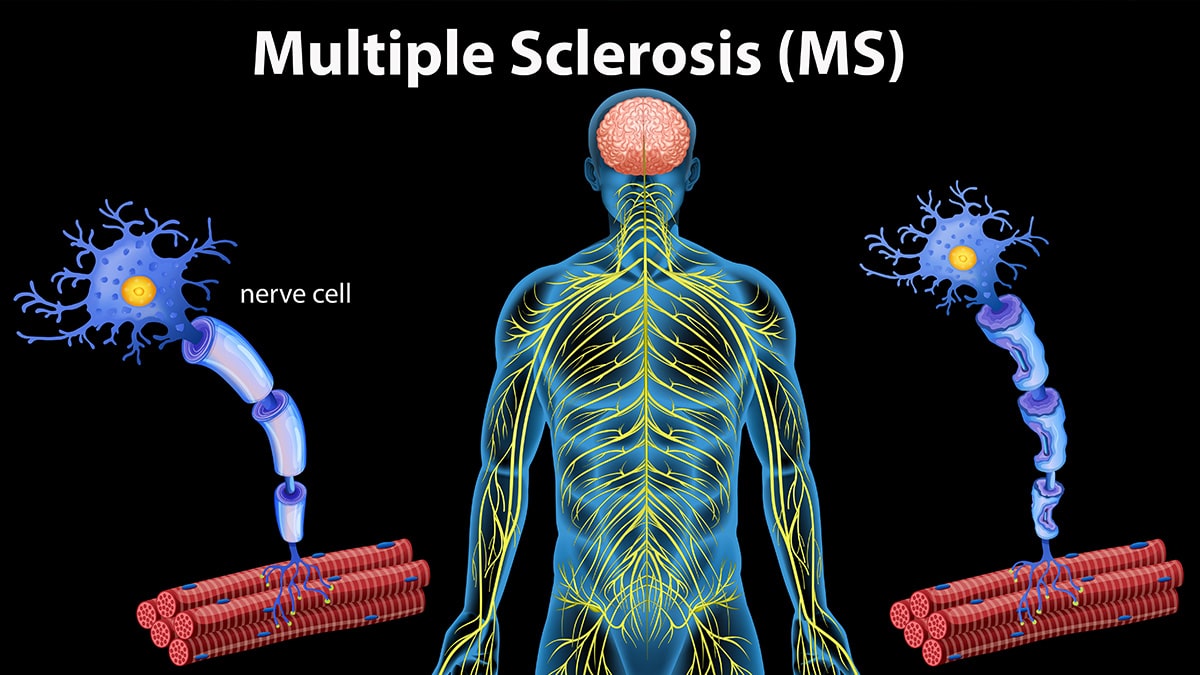Understanding the Complexity of Multiple Sclerosis
Multiple Sclerosis (MS) is a chronic autoimmune disease that affects the central nervous system. It can cause a wide range of symptoms and challenges for those living with the condition. In this guide, we will explore the various aspects of MS, from symptoms to treatment options and lifestyle adjustments.
The Benefits of Staying Informed
By learning more about MS, individuals can better understand their condition and make informed decisions regarding their health. Knowledge is a powerful tool in managing MS and improving quality of life.
A Detailed Explanation of Multiple Sclerosis
MS is characterized by the immune system mistakenly attacking the protective sheath (myelin) that covers nerve fibers, resulting in communication problems between the brain and the rest of the body. This disruption can lead to a variety of symptoms, including fatigue, numbness or weakness in limbs, coordination and balance issues, and cognitive impairments.
FAQs About Multiple Sclerosis
1. What are the common symptoms of MS?
Common symptoms of MS include fatigue, vision problems, numbness or weakness in one or more limbs, tremors, lack of coordination or unsteady gait, and problems with memory and concentration.
2. How is MS diagnosed?
MS is typically diagnosed through a combination of medical history, neurological exams, MRI scans, and other tests to rule out other conditions with similar symptoms.
3. What treatment options are available for MS?
Treatment for MS focuses on managing symptoms, slowing the progression of the disease, and improving quality of life. This can include disease-modifying therapies, symptom management medications, physical therapy, and lifestyle modifications.
4. Can lifestyle changes help manage MS?
Yes, making healthy lifestyle choices such as regular exercise, a balanced diet, stress management, and adequate rest can all contribute to managing MS symptoms and overall well-being.
5. Is there a cure for MS?
Currently, there is no cure for MS. However, ongoing research is focused on developing new treatments and interventions to better manage the disease and improve outcomes for patients.
Conclusion
Living with Multiple Sclerosis can present many challenges, but with the right information and support, individuals can effectively manage their symptoms and lead fulfilling lives. By staying informed, seeking appropriate medical care, and making positive lifestyle choices, those with MS can optimize their health and well-being.

